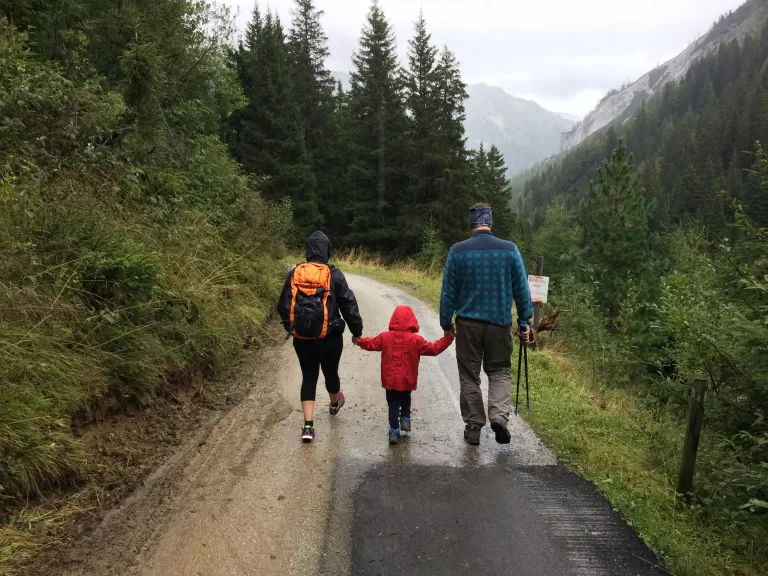Complicated Family Dynamics and Mental Health
West Edmonton counselling for complex family dynamics
Family dynamics and the family system we grow up in
Family dynamics play a pivotal role in shaping our identities, behaviors, and emotional well-being. The family system, comprising the intricate web of relationships and interactions within a household, significantly influences how we perceive the world, engage with others, and navigate through life.
From communication patterns and roles to the unwritten rules that govern daily interactions, the environment we grow up in can leave lasting impressions. Understanding these dynamics is crucial for comprehending the complexities of human development and relationships, as well as for addressing challenges that arise within the family unit.
How childhood experiences shape adult lives and relationships
Interplay between family dynamics and individual mental health issues
Understanding family structure
Family structure refers to the different variations within a family unit. These can include many different variations such as growing up with:
- two-parent household
- extended family households
- single-parenting
- blended families
For many, family structure is not fixed, rather it changes over the course of one’s upbringing. For example, through divorce and separation, the loss of a family member or changes, the introduction of a stepparent, or changes such as relocation.
Common patterns in dysfunctional family dynamics
Impact of family structure, roles, and communication on mental health
The study of family systems therapy became very popular in the 1980’s and 1990’s which placed much emphasis on the interactions occurring within the system as a unit.
Sibling Position and Birth Order
According the Bowen Family Therapy, children that share the same birth order growing up tend to share similar characteristics.
Triangles and Triangulation
In therapy, triangles are interactions that occur between any combination of three people in a relationship (ie. two parents and a child, or three siblings, a group of three coworkers or friends). The theory is that in a triad, tension will shift in various directions bringing two people closer together and one further apart.
Roles in the family unit
Another type of role we might see within a family unit are from the work of Satir.
Looking at the everyday experiences
Past Experiences in Childhood of Abuse and Neglect
For many people that struggle with difficult family dynamics, it is not a “Big T” traumatic event, but rather the everyday events and interactions (or lack thereof). This can be very confusing for those who are unfamiliar with stressors which may be related to their family system or early life adverse childhood experiences (ACES).
Neglect in childhood
By large, the most common form of ‘child abuse and neglect’ is the neglect aspect.
Childhood Emotional Neglect
Emotional childhood neglect is a very interesting concept that is beginning to gain traction in research and treatment. For many children who experience neglect, it is not always evident that neglect is occurred – (ie. how can you know if you were missing something you didn’t get?).
Emotional neglect, in particular, is even more difficult to identify and put language to. The experience of having one’s emotions attended to and validated with affection, warmth, and nurturing is often a discrete and abstract interaction.
How Past Experiences of Difficult Family Dynamics Can Show Up in Adults
Self-worth, self-compassion, and self-esteem
For many people that struggle with difficult family dynamics, it is not a “Big T” traumatic event, but rather the everyday events and interactions (or lack thereof). This can be very confusing for those who are unfamiliar with stressors which may be related to their family system or early life experiences.
Relationships with others and feelings of loneliness
By large, the most common form of ‘child abuse and neglect’ is the neglect aspect.
Emotion regulation and nervous system responses
Our experience and role modelling of managing emotions is learned very early in life from our caregivers.
Adult experiences of difficult family dynamics
Transitioning to Adult to Adult Interactions
Oftentimes, without significant self-work and awareness, dysfunctional family dynamics do not necessarily change on their own over time. That is, difficulties similar to those experienced growing up may still be present from time to time. While it may be tempting to encourage a family member or loved one to seek therapy, it isn’t always a welcomed suggestion.
The good news – as an adult you are in control of shaping your life and the way you show up in family relationships that were not accessible to you when you were young. Heck, if you need to leave mid-meal, hop in your car and drive away you can! Whereas this type of independence and freedom is typically not available to children and younger teens.
Over-functioning in your family unit
Emotional childhood neglect is a very interesting concept that is beginning to gain traction in research and treatment. For many children who experience neglect, it is not always evident that neglect is occurred – (ie. how can you know if you were missing something you didn’t get?).
Emotional neglect, in particular, is even more difficult to identify and put language to. The experience of having one’s emotions attended to and validated with affection, warmth, and nurturing is often a discrete and abstract interaction.
Mental health therapy for family dynamic concerns
Individual adult mental health therapy to address family dynamics
Oftentimes, without significant self-work and awareness, dysfunctional family dynamics do not necessarily change on their own over time. That is, difficulties similar to those experienced growing up may still be present from time to tome.
The good news – as an adult you are in control of shaping your life and the way you show up in family relationships that were not accessible to you when you were young. Heck, if you need to leave mid-meal, hop in your car and drive away you can! Whereas this type of independence and freedom is typically not available to children and younger teens.

